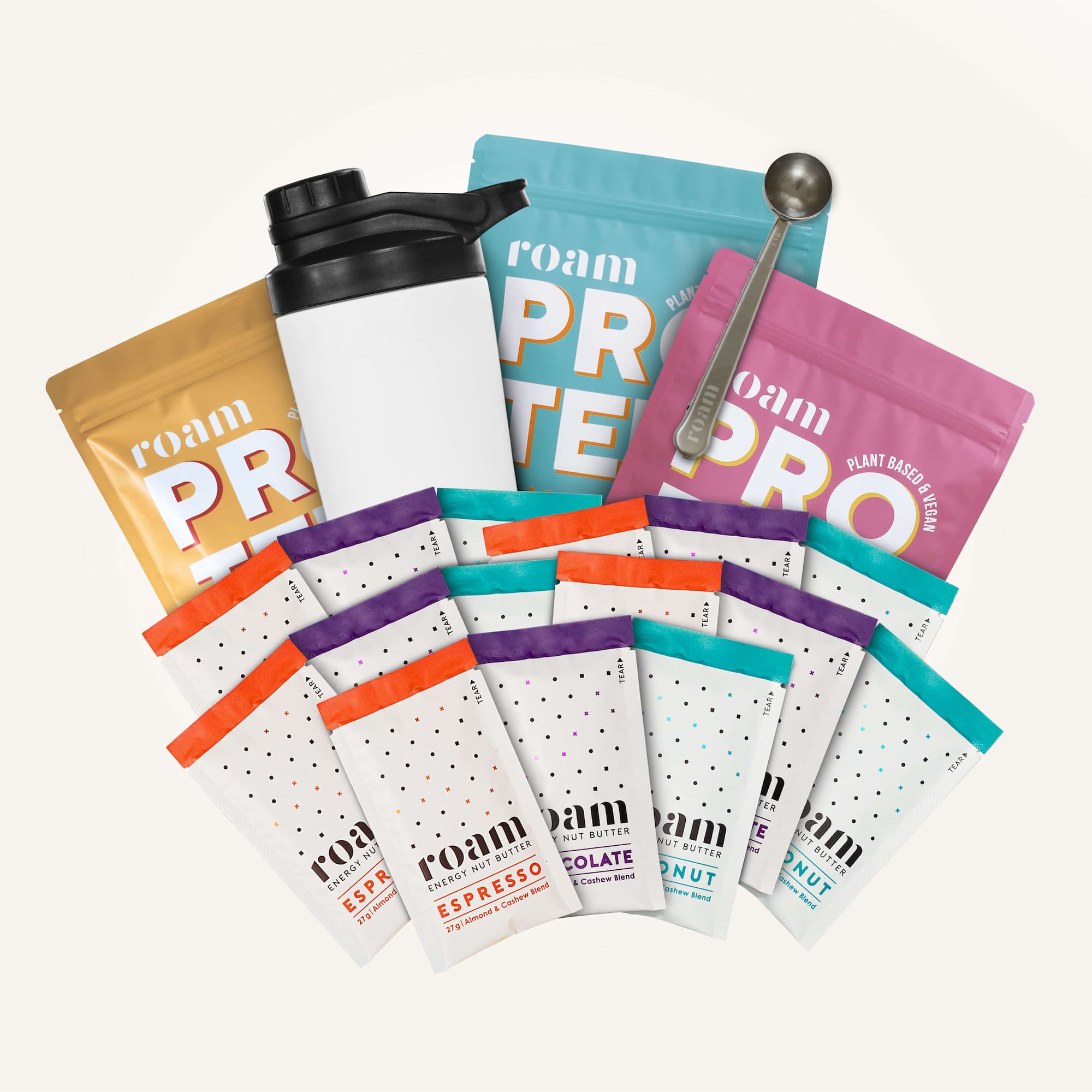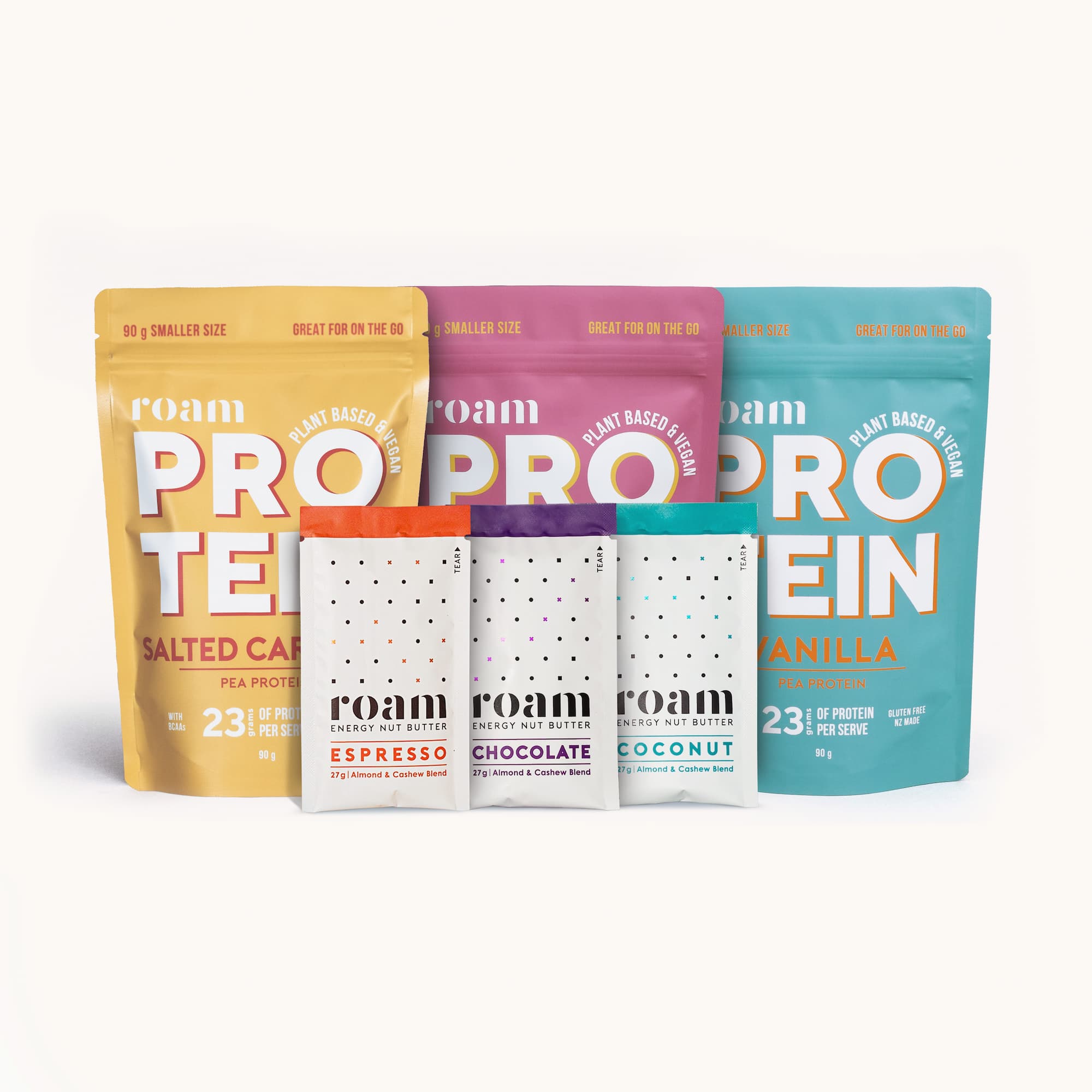
Understanding UTMB's Updated Anti-Doping Policy: What Every Trail Runner Needs to Know
You may have seen that UTMB recently announced changes to its Anti-Doping Policy, effective from May 21, 2024. You might be wondering, "Why should I care and what do I need to know?" Let’s cover what the changes mean for you as a participant in any UTMB event.
Why should you care about UTMB's updated Anti-Doping Policy?
Trail running has been around since ages ago, but organised and competitive trail races are relatively new. UTMB, owned by IRONMAN Group, is the biggest event organiser for this sport, with a growing portfolio of over 40 events worldwide. Participation in trail running events is growing rapidly, and the competition has intensified, especially with increased recognition and financial rewards.
As with other competitive sports, some athletes may be tempted to use performance-enhancing substances to gain an edge.
UTMB’s move to align more closely with best practices is a great step (excuse the pun) forward. As one of the largest trail running event providers, it’s important for UTMB to lead the way in promoting integrity and clean sport in the trail running community.
What are the changes to the Anti-Doping Policy?
UTMB has updated its Anti-Doping Policy to align with the World Anti-Doping Code, administered by the World Anti-Doping Agency (WADA). Every year, WADA updates its list of about 250 banned substances and methods, including performance-enhancing drugs, certain methods (like blood transfusions or injections), and medications that could harm your health or provide an unfair performance advantage.
While UTMB is not a signatory to the World Anti-Doping Code, its commitment to uphold the same standards signals that it is taking clean sport seriously. By aligning with WADA, UTMB demonstrates a strong commitment to maintaining the integrity of trail running, which is, of course, a great thing!
Key changes include:
- Systematic Drug Testing: Testing will be conducted by the International Testing Agency (ITA) around and during UTMB events. This includes random blood and urine testing. Competitive athletes will need to provide their whereabouts and make themselves available for 'out-of-competition' testing (that is, testing at any time, not just the event day or week).
- Educational Programs: UTMB is introducing programs to educate athletes, especially competitive ones, about clean sport.
-
Increased Funding: UTMB is committing 100,000 euros to support anti-doping initiatives.
How does the anti-doping policy affect recreational athletes?
The policy applies to all recreational athletes who sign up for UTMB events, including in our neck of the woods (Tarawera Ultra, Ultra Trail Australia (UTA), and Ultra-Trail Kosciuszko). While the odds of being tested are lower for recreational athletes than for top runners, it is still possible, especially around event days. It’s your responsibility to be aware of what substances you can and can’t consume. The WADA banned substance list isn't just full of steroids and stimulants: some medications that you know and may even use can be included.
Check out the resource section below where we have links to places for you to check your medications to see if they may be banned.
Examples of banned substances and methods
WADA updates its list of banned substances and methods annually. For a substance or method to be banned, it must fit two of the following criteria:
- It has the potential to enhance or enhances sport performance.
- It represents an actual or potential risk to athletes.
- It violates the spirit of sport.
Athletes needing banned substances for medical reasons can apply for an in-advance Therapeutic Use Exemption (TUE) with the International Testing Agency. For example, diabetic athletes who need insulin during the competition must apply for a TUE.
Some examples of banned substances:
- Painkillers: Tramadol (from the opiate class) and glucocorticoids (such as prednisone) are banned in-competition. But it is important to stop using tramadol at least 24 hours before the race and/or prednisolone at least 3 days before competition, as there is a risk of testing positive.
- Pseudoephedrine: Is a common addition to cold and flu tablets and decongestant medications. It is banned in-competition period if exceeds a defined maximum daily dose. This maximum daily dosage is quite high, but it pays to check, just in case.
- Intravenous Injections and Infusions: Many ultra trail runners may experience iron deficiencies and require iron injections or infusions. WADA bans intravenous infusions of more than 100 mL within a 12-hour period both in-competition and out-of-competition. If you need such treatments, talk with your doctor first.
- Stimulants: Ritalin used to treat ADHD (i.e. attention-deficit and hyperactivity disorder) and similar medications require a TUE.
Supplements and Cross-Contamination
Athletes often consume supplements like pre-workouts, BCAAs, and protein powders. However, these may be contaminated with banned substances (such as stimulants and anabolic agents) due to poor manufacturing practices.
Cross-contamination can occur when manufacturers handle multiple ingredients, including banned substances, in the same facility. Mislabelling is another risk; some products do not list all ingredients on the label, leading to hidden banned substances.
So should I avoid supplements entirely?
Whether you’re a professional or recreational athlete, it depends on your preferences and risk tolerance. If you choose to use supplements, opt for brands that independently test each batch for WADA banned substances. Look for certifications like HASTA, Informed Sport, or NSF. While no company can guarantee you will not test positive, the risk is significantly lower with tested brands.
Roam Protein is HASTA Certified – every single batch of protein powder that we produce is independently tested by the RASL Group in Melbourne. You can find the HASTA Certified seal on the back of our packs, and you can even go on the HASTA website and crosscheck that your batch of Roam Protein has been tested.
What about food products like sports gels and Roam Energy Nut Butter?
Some products don’t require certification because they are classified as food products or general consumer products rather than dietary supplements. For example, Roam Energy Nut Butter doesn’t need HASTA Certification because it’s a whole food product manufactured in a facility that doesn’t handle banned substances.
Sports gels and electrolyte/energy drinks can be a bit of a grey area, but brands like Science in Sport (SiS) , GU, and CLIF (not CLIF bars, but gels and chews) often batch test their products. Always check first!
So, I'm competing in a UTMB event. What should I do?

(Psssst: you can find links for all of these in the resource section below)
- Check the WADA list to familiarise yourself with banned substances.
- Inform your doctor if you are training for an event and ask for guidance if they prescribe you medication.
- Check your supplements to see if they have been batch tested for WADA banned substances. You can do this on the Global DRO website.
- Check out the links below if you want to learn more.
Helpful resources
Knowledge is power: here are some handy links and resources that might help answer any questions:
- Check any medication on the Global DRO website
- Full PDF of UTMB's Anti-Doping Rules
- UTMB Anti-Doping Policy
- World Anti-Doping Agency (WADA) Banned Substances List
- The International Testing Agency YouTube channel covers a range of interesting topics
- Sport Integrity Australia - Australia's Anti-Doping Organisation
- And by the way, you can check our testing records for HASTA for Roam Protein on the HASTA website.

Dr Andrius Ramonas
Andrius is the co-founder of Roam. He holds a PhD in exercise physiology and practices sports medicine in Melbourne. Andrius was previously an anti-doping officer in his home country, Lithuania.
Andrius is a passionate trail runner, who previously held the Ultra-Trail Australia (UTA) 50k course record, and has placed 5th at Tarawera 100k Ultra.
Made by trail runners, for trail runners
You may also like...
- What is muscle glycogen?
- Gastro-intestinal symptoms and gut training
- Nutrition planning for ultras and adventure racing
- What is maltodextrin?
- What are multiple transportable carbohydrates?
- What are hydrogels?
- What are monosaccharides and oligosaccharides?
- Maximising performance with Energy Nut Butter: A Guide for Endurance Exercise
- Energy Nut Butter and LCHF and Ketogenic diets







